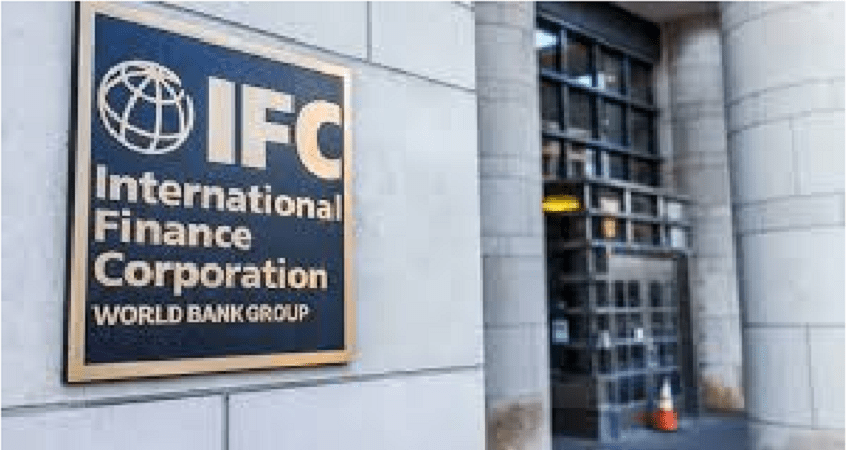There are no products in your shopping cart.
| 0 Items | £0.00 |

 WORLD bank subsidiary the International Finance Corporate (IFC) has removed Nigeria from the list of top five emerging markets investment destinations as a result of the failure to upgrade infrastructure that has scared investors away.
WORLD bank subsidiary the International Finance Corporate (IFC) has removed Nigeria from the list of top five emerging markets investment destinations as a result of the failure to upgrade infrastructure that has scared investors away.
Over the last decade, Nigeria had established herself as one of the world's fastest growing investment destinations along with the likes of China, India, Brazil, Mexico and Russia. This resulted in the IFC recommending Nigeria to international investors as a place where to do business as return on investments were high, the country has a huge market and the availability of a skilled workforce.
However, over recent years, this process appears to have ground to a halt as Nigeria has failed to invest in infrastructure such as roads, power supply, a railway network, pipe-borne water and security. No longer seeing Nigeria as a country with an investment-friendly environment, the IFC has delisted the country from among the top five nations that are positioned to attract private investment in emerging markets.
According to the IFC, it decided to delist Nigeria as a result of many infrastructural lapses that have hindered economic progress in the country. Eme Essien Lore, the IFC country manager in Nigeria, revealed the development while speaking at the second private equity summit organised by Udo Udoma & Bello Osagie in Lagos.
She added that Nigeria has enough natural mineral deposits to do better than other African countries but the country has failed to utilise its human capital as well as other resources for national development. According to Ms Lore, Nigeria is now placed among the top 10 economies where investors should look to invest, losing its place from top five where she used to be.
This, according to the IFC boss is because Nigeria is surrounded with many challenges that have hindered its economic progress. These problems, which the country has failed to address range from declining per capital income to external imbalance, increasing poverty as well as disturbing human capital indicators in health and education.
According to Ms Lore, there is no excuse for Nigeria to lose its place among the top five countries in Africa and needs to put economic policies in place to get back to the position. About a decade ago, Nigeria was ranked alongside Mexico, Indonesia and Turkey as the Mint group of nations that would be the economies of the future.
Ms Lore said: “Nigeria should be in the top five given the enormous need we have for private capital but we are not there because we are shying away from the reforms that can attract capital. An annual growth rate of 2% is poor for a developing economy adjudged to have the opportunity to grow between 7% and 10 percent annually."
Furthermore, Ms Lore added that the slow pace of the economy is clouding potential growth and favourable demographics in Nigeria. She urged the government to effect the needed reforms that will translate to economic developments that will entice investors.
Between 1999 and 2015, Nigeria enjoyed an annual gross domestic product growth rate of about 6%, leading most economists to forecast that she would soon become an economic giant. Even the World Bank said that the Mexico, Indonesia, Nigeria and Turkey (Mint) group of nations and the Brazil, Russia, India, China and South Africa (Brics) economies were the ones who would dominate the 22nd century.